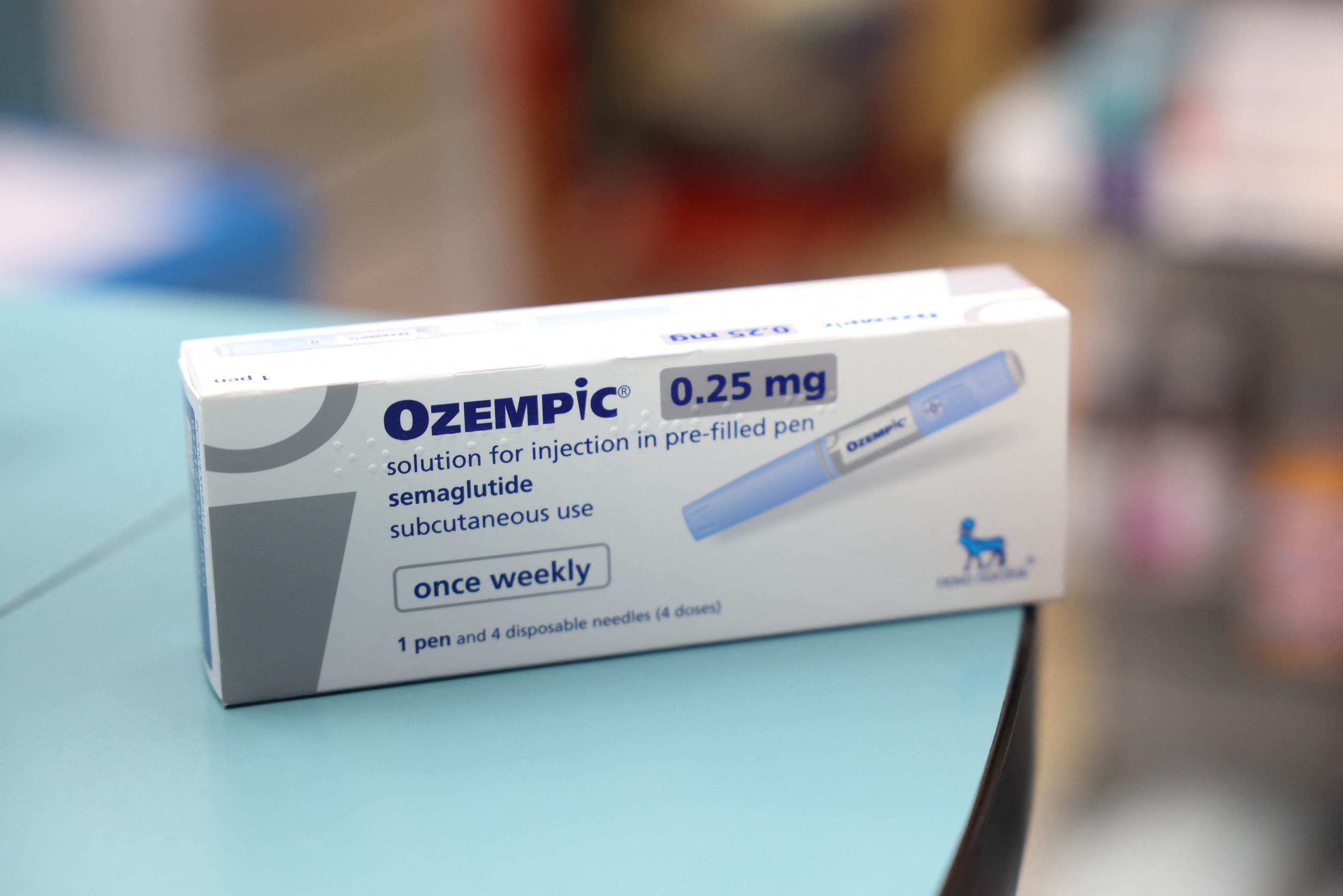More than 1.6 million Britons are set to get the ‘King Kong’ of fat jabs on the NHS over the next 12 years.
Mounjaro – which can help users shed more than a quarter of their body weight in 18 months – should first be given to the most overweight cases, says NHS England.
Injections will be offered with a ‘wraparound’ health plan including diet and exercise support.
Over the next three years, the jabs could be given to almost a quarter of a million people with a BMI of 40 or more, plus three health conditions linked to excess weight – including heart disease, high blood pressure or obstructive sleep apnoea.
The phased rollout would see 1.6million people offered the drug over 12 years, which would eventually include those with a body mass index of 35 or more and weight-related health problems.


Mounjaro, also known as tirzepatide, has been dubbed the ‘King Kong’ of slimming jabs because extensive testing has indicated it is the most effective on the market.
Trials have shown the drug can lead to patients losing an average of 21 per cent of their body weight in 36 weeks and 26 per cent of their body weight over 84 weeks.
To make the rollout quicker and easier for patients, officials have said prescriptions could be issued via ‘virtual clinics’ rather than face-to-face appointments.
A consultation on the proposals has been launched, which will be considered by the National Institute for Health and Care Excellence (Nice) before it publishes its final guidance on Mounjaro and obesity later this year. The proposals would see the scheme reviewed after three years, before a wider expansion.
Mounjaro, which costs £122 a month, is a glucagon-like peptide-1 (GLP-1) agonist, a family of medications that help manage blood sugar. Other GLP-1 agonists include semaglutide – sold under the brand names Wegovy, Ozempic and Rybelsus.
Dr Sam Roberts, chief executive of Nice, said: ‘This new generation of weight-loss medications has the potential to achieve important health and wellbeing benefits for people living with obesity. They can also prevent serious health problems from developing, reducing the long-term risks to individuals. Our independent committee found this medicine to be both effective and good value for money.
‘Its use will help people living with obesity to lose weight, and as a result substantially reduce the risk that they will develop serious health-related problems associated with obesity such as heart disease and stroke.’

NHS England’s national medical director, Professor Sir Stephen Powis, added: ‘This drug will be a powerful part of our arsenal to tackle obesity and support many more people to lose weight and reduce their risk of diabetes, heart attack and stroke. This phased rollout will ensure those with the greatest clinical need can access it as a priority – with a quarter of a million people able to benefit over the first three years.
‘With the sheer number of people potentially eligible for these treatments and GP teams already delivering record numbers of appointments, the NHS is developing a range of community-based and digital services to provide the benefits of weight-loss drugs while continuing to ensure GPs can deliver all other vital services patients rely on.’
The latest Health Survey for England, published last week, found that rates of obesity have not fallen since 2019.
In 2022, almost one in three adults in England were obese while two-thirds were overweight.












